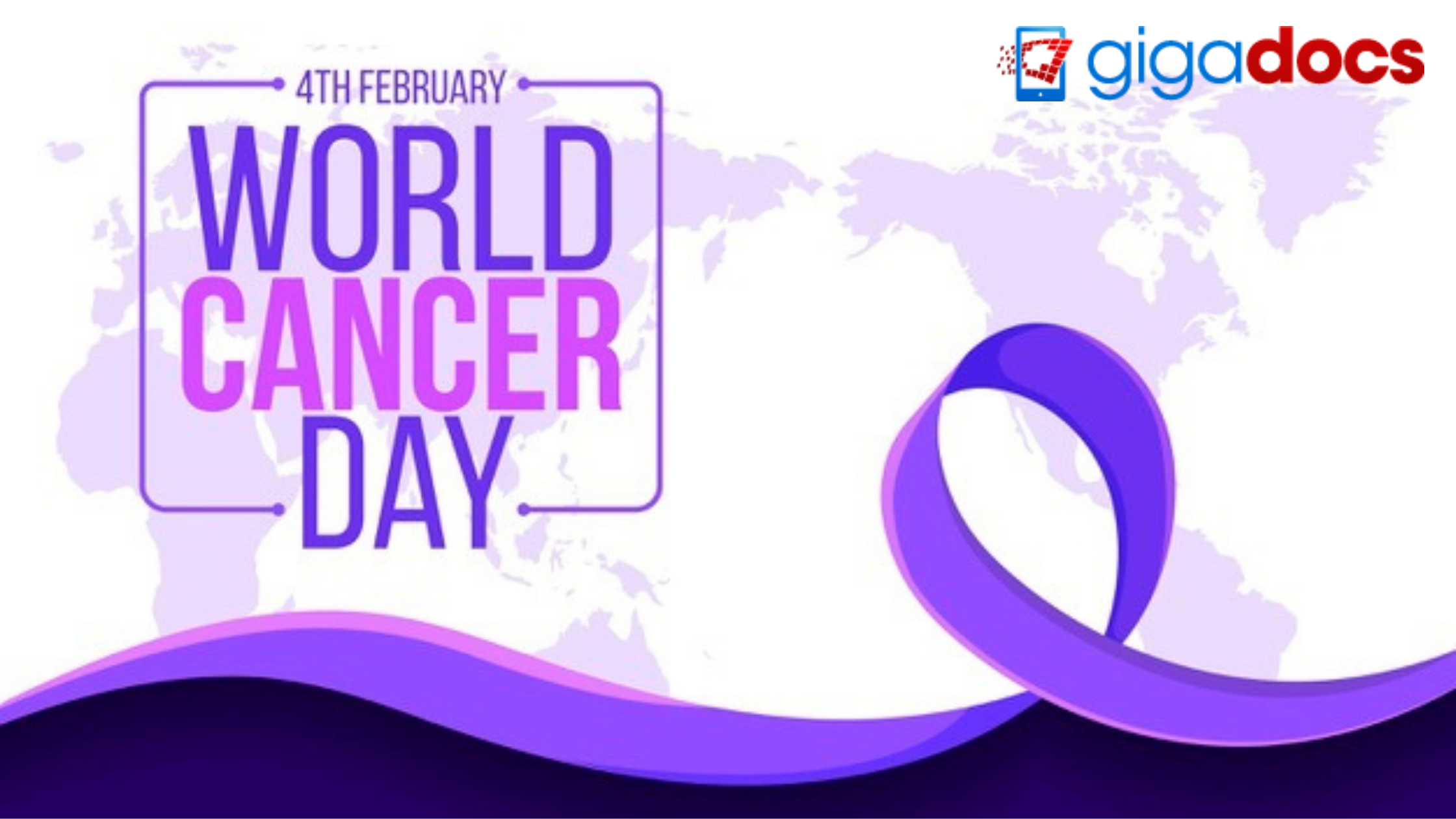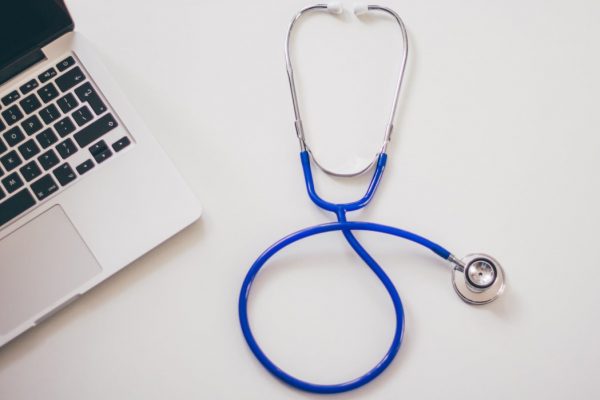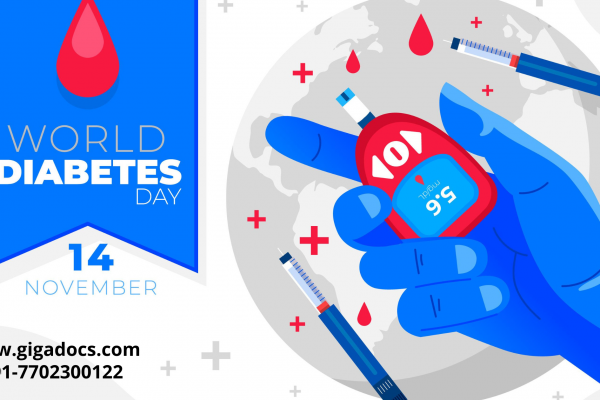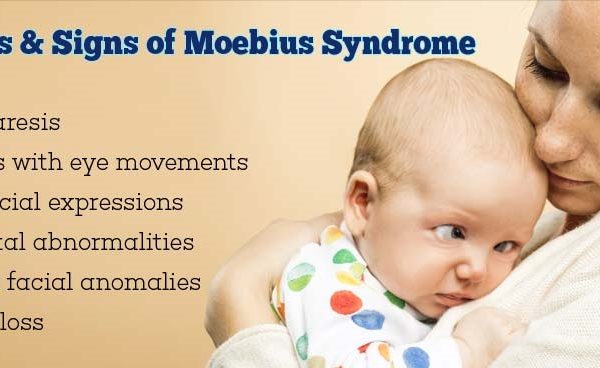Cancer- considered as one of the deadliest killers across the world, it is dreaded all across geographies. Ever wondered how Cancer occurs?
Our body functions are coordinated by billions of cells, forming the basis of our existence. In the beginning, we all started life as a single piece of a cell, that multiplied to form our tissues and organs. These cells perform regenerative tasks, for example, if we cut our fingers, we would notice the wound getting healed in some days.
While cells do get old and die (apoptosis), however, their replication ensures continuous replacement. In some cases, cells may become abnormal if their DNA becomes damaged. The successive cells regenerating from the damaged cells would thus be different from healthy cells. While these cells might go away on their own without any reason to worry. Only when the abnormal cells mutate and start to divide uncontrollably, they form lumps or tumours.
Reasons behind Cancer Growth
Tumours can be malignant (cancerous) or benign (non-cancerous). While benign tumours generally don’t do much harm, it is the malignant tumours that can be life-threatening. They spread into the surrounding tissues and destroy them. Cancer cells develop so slow among the elderly that it might take a while to detect, which in some cases may be too late.
Cancer is a slow mutation of one’s genetic structure. These genetic changes may be inherited from a parent. Besides, damage to one’s DNA caused by lifestyle changes (tobacco smoke) and environmental exposures (radiation, such as ultraviolet rays) can be Cancerous.
The Dangerous of Cancer
Cancerous tumours can grow into nearby tissues; besides they can break off and travel with the blood or the lymph system and develop lumps distant from the original tumours. Benign tumours may grow to be large. However, when removed once, have little chances to grow back again. However, those benign tumours which grow in the brain can later grow to be life-threatening.
Cancer cases in India are steadily on a rise. The most common being breast, lung, mouth, cervix uteri, and tongue cancer that affected the lives of over a million people in 2020. According to the National Cancer Registry Programme (NCRP) 2012-2016 report, Mizoram’s Aizawl district records 269.4 cases per one lakh population and Arunachal Pradesh’s Papumpare district records 219.8 cases per one lakh population- the highest age-adjusted incidence rates among males and females, respectively. The dangers of Cancer can be further understood as-
- The metro cities of Bangalore, Chennai and Delhi recorded the highest number of colon, rectum and prostate cancers among the males.
- Oral cavity and lung cancers account for over 25% of cancer deaths among males.
- Cancers formed by tobacco consumption kill over 2500 persons every day.
- Most women are affected by cancer of the breast, uterus, ovary, and the lungs.
- Cancers of the breast and oral cavity affect almost 25% of females.
- India reports a 50% survival rate for every two women newly diagnosed with breast cancer.
- Cervical cancer kills one woman every eight minutes.
World Cancer Day
Prevention of Cancer is possible if it is screened for and/or detected early. However, treatment must start soon after diagnosis. 4th February is globally observed as the World Cancer Day, to raise awareness about the harmful effects of cancer, and educate the masses about the different cancer treatments available for cancer growth prevention.
World Cancer Day is the global initiative of the Union for International Cancer Control (UICC). This day marks raising worldwide awareness, improving education and channelising personal and government action, to prevent cancer deaths. Besides, World Cancer Day aims to enhance the accessibility to life-saving cancer treatment across the world.
Created in 2000, World Cancer Day has grown into a positive movement for everyone, across the world come together to fight the greatest medical challenges in recent history. World Cancer Day on the 4th. February 2021, will be celebrated with the theme “I am and I will,” extending our responsibility to act together. Joining together, we can aim to reduce the number of premature cancer deaths and non-communicable diseases by one third by 2030.
Types of Cancer
There are over 200 types of Cancer known to human medical intelligence, that may occur anytime and subsequently slowly spread anywhere within the body. Some of the common Cancers include-
- Acute lymphoblastic leukaemia (ALL)
- Acute myeloid leukaemia (AML)
- Anal cancer
- Bile duct cancer
- Bladder cancer
- Bone cancer
- Bowel cancer
- Brain tumour
- Breast cancer (female)
- Breast cancer (male)
- Cervical cancer
- Eye cancer
- Gallbladder cancer
- Head and neck cancer
- Kidney cancer
- Liver cancer
- Lung cancer
- Mouth cancer
- Nose and sinus cancer
- Oesophageal cancer
- Ovarian cancer
- Pancreatic cancer
- Prostate cancer
- Rectal cancer
- Retinoblastoma
- Skin cancer (malignant melanoma) and (non-melanoma)
- Stomach cancer
- Thyroid cancer
- Uterine cancer
- Vaginal cancer
Prostate, lung, and colorectal cancer are the most common cancer observed in men, while breast, lung, and colorectal cancer affects women the most. The most commonly seen cancer among children includes Leukaemia, brain tumours, and lymphoma.
Cancer Symptoms
Cancer symptoms and signs depend on the stage of Cancer one is in; although general signs and symptoms are not very specific the following are the common symptoms of Cancer that one may experience-
Fatigue, bladder function, unusual bleeding, weight loss, fever, lumps, pain, skin changes, change in bowel movements, persistent cough, voice change, or tissue masses.
Cancer Treatments
A suspected Cancer patient must not wait to see a specialist if they are diagnosed with cancer symptoms in their initial reports. In cases of confirmed Cancer, patients must not wait for more than 31 days to begin their cancer treatment.
Cancer treatment protocols should suit the type and stage of cancer a patient is in. Benign and solid tumours can be surgically removed, without causing any harm to the cancer patient. Though oncologists suggest surgery as the first treatment for most type of cancers, other Cancer treatments include chemotherapy and radiation therapy.
Cancer Treatment with Gigadocs
Cancer often develops slowly over several years and waiting for a few weeks to get an accurate diagnosis will not usually impact the effectiveness of cancer treatment. Book experts for face-to-face consultation or digitally consult the best oncologists, radiation therapy experts on the Gigadocs practice management app.
To avail the best doctor’s consultation from the privacy of your home, download the Gigadocs app from –
- IOS App – apple.co/2W2iG4V
- Andriod App – bit.ly/33AQoRC
To know more and schedule a Virtual Consultation demo, e-mail, at info@gigadocs.com




